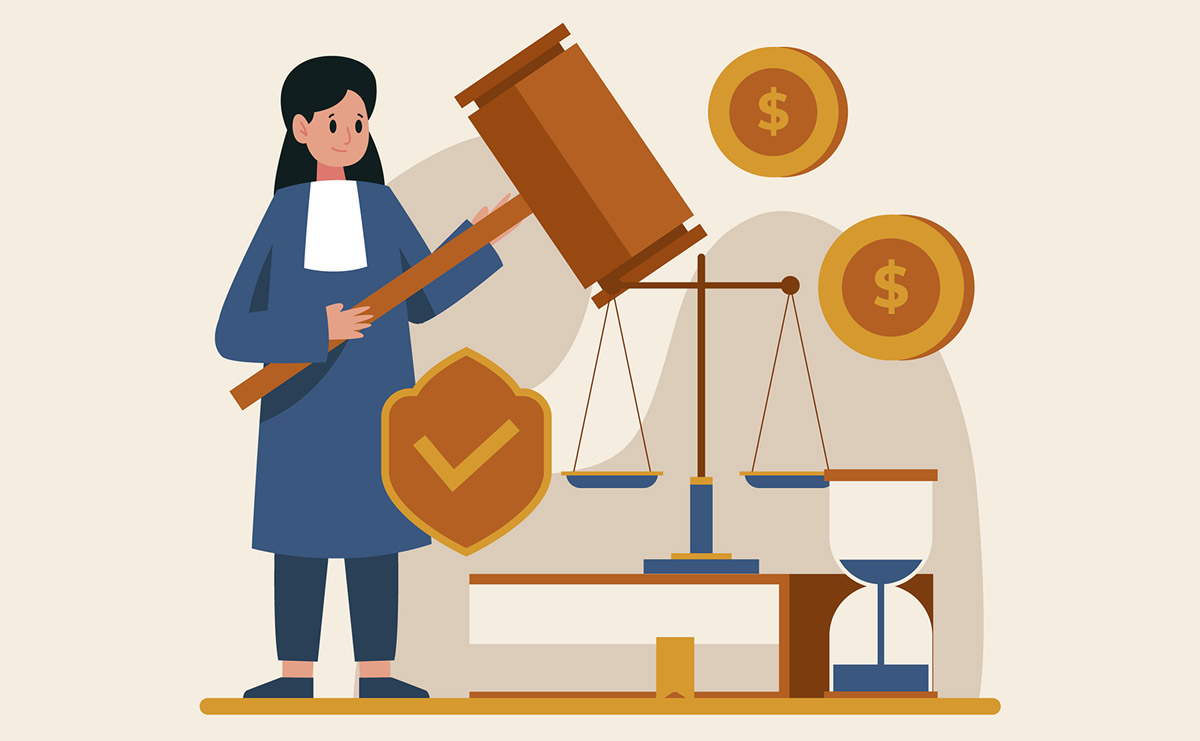Cause of Action
“Cause of action” is a legal term that refers to the specific legal grounds or basis for a lawsuit or legal claim. It outlines the facts and legal theories that support a party’s right to seek a legal remedy in court. In simpler terms, it answers the question of why the plaintiff believes they are entitled to relief from the court.
Depending on the nature of the legal dispute, there are various types of causes of action. Common examples include:
- Breach of Contract: A claim that one party failed to fulfill the terms of a contract.
- Negligence: Alleging that someone’s careless actions or omissions caused harm.
- Fraud: Accusing someone of intentional deception to cause damage or loss.
- Defamation: Claiming that false statements harmed one’s reputation.
- Tortious Interference: Alleging that a third party interfered with a contractual or business relationship.
- Nuisance: Claiming that someone’s actions interfere with the use and enjoyment of property.
- Defamation: Defamation claims arise when false statements harm the reputation of an individual or business. Defamation can be spoken (slander) or written (libel).
- Trespass: Trespass claims involve unauthorized entry onto someone else’s property.
- Personal Injury: Personal injury lawsuits result from physical or emotional harm caused by the negligence or intentional actions of another party.
- Product Liability: Product liability claims arise when a defective product causes harm to the consumer. This can be based on defects in design, manufacturing, or inadequate warnings.
- Unjust Enrichment: This cause of action arises when one party benefits at the expense of another without legal justification.
- Equitable Claims: Equitable claims seek remedies such as injunctions or specific performance rather than monetary damages.
- Wrongful Dismissal: In employment law, a wrongful dismissal claim can be brought when an employee believes they were terminated without proper cause or proper notice.
- Family Law Claims: In family law matters, causes of action may include divorce, child custody, spousal support, and property division.
Each cause of action has specific elements that the plaintiff must prove to succeed in their case. These elements might include proving the existence of a duty, a breach of that duty, causation, and damages. The legal system recognizes and categorizes these causes of action to ensure that legal disputes are resolved fairly and orderly.



